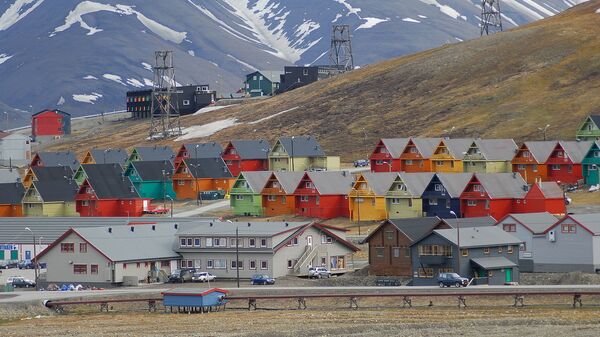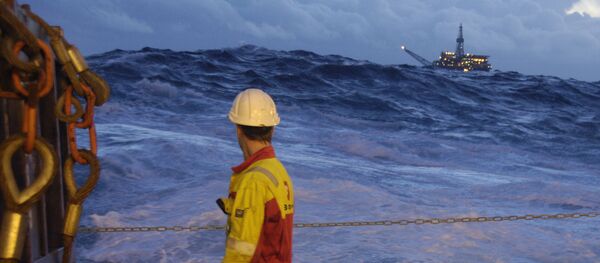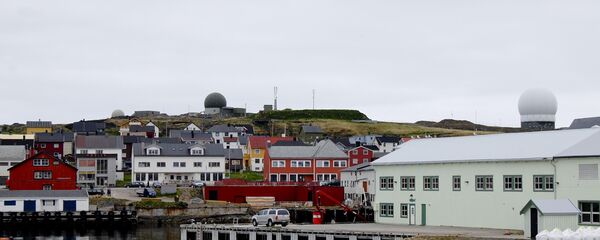According to Hagesæter, the government is relying on innovations to safeguard existing jobs and create new ones. Regina Alexandrova of the Conservative Party stated the priority is to move government jobs from mainland Norway to Svalbard, mainly in civil services and consumer business. Another aspect of the government's plan is to carry on with the tax breaks on Svalbard, thus appealing to both people and business alike.
Last chance to study in #Svalbard this autumn! Appl.deadline 8 May for some courses: https://t.co/hMSJKd5gt5 #Arctic pic.twitter.com/huU39O1DFh
— UNIS (@UNISvalbard) May 8, 2016
"There is great potential for local food, such as exploitation of Svalbard reindeer," said Hagesæter, also mentioning huge opportunities for fishery and fish processing.
However, Hagesæter stated that the government will aim to significantly increase Svalbard's population in the future.
"We think the current population is perfectly fit," he said. "We have no specific goal of population growth. Such growth would require large investments in infrastructure."
After being presented, the white paper received strong criticism from environmental sources. MP Rasmus Hanson of the Green Party said the government ignores sustainability issues.
"It is unthinkable to continue using fossil fuels to maintain a society in the part of the Earth that is most affected by climate change. Parliament has long since established that Svalbard should remain world's 'best managed' wilderness. It is more important than ever to uphold a basis for sustained development of Svalbard" Hanson said.
It's illegal to die in #Svalbard & other facts about the arctic destination https://t.co/jVc6nD5vze #travel #Norway pic.twitter.com/PtpO4WFScO
— JustLuxe (@JustLuxe) May 3, 2016





